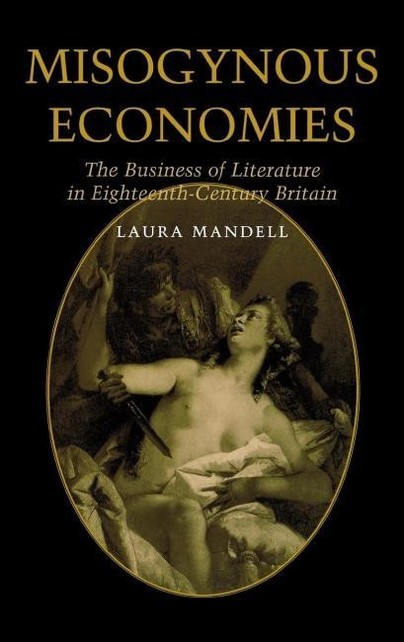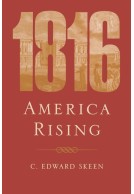Google Books previews are unavailable because you have chosen to turn off third party cookies for enhanced content. Visit our cookies page to review your cookie settings.
Misogynous Economies (Hardback)
The Business of Literature in Eighteenth-Century Britain
Imprint: University Press of Kentucky
Pages: 240
Illustrations: illus
ISBN: 9780813121161
Published: 25th June 1999
Script Academic & Professional
Pages: 240
Illustrations: illus
ISBN: 9780813121161
Published: 25th June 1999
Script Academic & Professional
This book will be reprinted and your order will be released in due course.
You'll be £32.00 closer to your next £10.00 credit when you purchase Misogynous Economies. What's this?
+£4.99 UK Delivery or free UK delivery if order is over £40
(click here for international delivery rates)
Order within the next 11 hours, 48 minutes to get your order processed the next working day!
Need a currency converter? Check XE.com for live rates
(click here for international delivery rates)
Order within the next 11 hours, 48 minutes to get your order processed the next working day!
Need a currency converter? Check XE.com for live rates
The eighteenth century saw the birth of the concept of literature as business: literature critiqued and promoted capitalism, and books themselves became highly marketable canonical objects. During this period, misogynous representations of women often served to advance capitalist desires and to redirect feelings of antagonism toward the emerging capitalist order. Misogynous Economies proposes that oppression of women may not have been the primary goal of these misogynistic depictions.
Using psychoanalytic concepts developed by Julia Kristeva, Mandell argues that passionate feelings about the alienating socioeconomic changes brought on by capitalism were displaced onto representations that inspired hatred of women and disgust with the female body. Such displacements also played a role in canon formation. The accepted literary canon resulted not simply from choices made by eighteenth-century critics but also, as Mandell argues, from editorial and production practices designed to stimulate readers' desires to identify with male poets.
Mandell considers a range of authors, from Dryden and Pope to Anna Letitia Barbauld, throughout the eighteenth century. She also reconsiders Augustan satire, offering a radically new view that its misogyny is an attempt to resist the commodification of literature. Mandell shows how misogyny was put to use in public discourse by a culture confronting modernization and resisting alienation.
Other titles in University Press of Kentucky...















